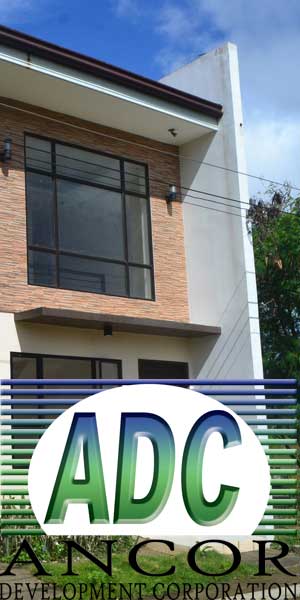Beyond the conventional classroom, educators have other more profound duties. In our local context, teaching is a vocation with unique signifi cance because of its roots in the holistic formation of kids.
Education is more than just teaching facts; it is about the entire growth of the intellect and character. In this way, rather than just transmitting information, educators mold the next generation of individuals. Young people’s intellectual growth has an influence that extends beyond the classroom and modifies the social structure. Because of this great responsibility, teachers themselves need to continuously learn new things and strive to become better people.
But for Filipino teachers, there are often challenges along the way. The list of problems is long and includes crammed classrooms, scarce resources, extra tasks, and social pressures.
Educators’ tenacity and dedication to their profession are apparent despite these obstacles. Despite the fact that their dedication to their work and their pupils is frequently ignored, they persevere because our heroic teachers have a strong love for teaching and an unwavering faith in the transformational potential of education.
A deliberate effort is required to fund teachers’ professional development if education is to be genuinely
improved. This means providing them with opportunities for intellectual growth, state-of- the-art teaching techniques, and ongoing training. It also means creating a welcoming atmosphere in which educators
can freely share best practices, work together, and mutually expand their knowledge and skill sets.
Acknowledging and attending to educators’ emotional and psychological health is equally crucial. It can be emotionally exhausting to teach, particularly in places with few resources, not to mention their burgeoning extra assignments beyond their job description. It is critical for teachers’ mental wellness to their classroom efficacy to provide them with the appropriate support networks, such as counseling and wellness initiatives.
Meanwhile, there are pros and cons to technology integration into the classroom.
It gives teachers access to a multitude of knowledge and cutting-edge teaching techniques, but it also requires constant learning and adaptation on their part. This is made more diffi cult by the nation’s “digital divide,” which results in unequal access to technology tools for teachers and pupils. It is essential to bridge this gap in order to guarantee that the benefi ts of educational technology reach every isolated area of the archipelago.
In the end, training the trainers is a shared duty. The community, the commercial sector, educational institutions, and the government are all involved. To make sure that educators are well-resourced, encouraged, and valued, all of us stakeholders have a part to play. Besides, the quality of educators in any community has direct correspondence with the caliber of education provided.
Our educational system’s path of developing the nurturers is a complex undertaking.
It requires an overarching strategy that addresses the intellectual, psycho-emotional, and professional needs of educators. We are investing in the future of our country when we support our teachers. We are reminded of the critical role educators play in infl uencing the future by the proverb, “Ang guro ang nagtatanim ng binhi ng karunungan” (Teachers plantthe seeds of knowledge).






